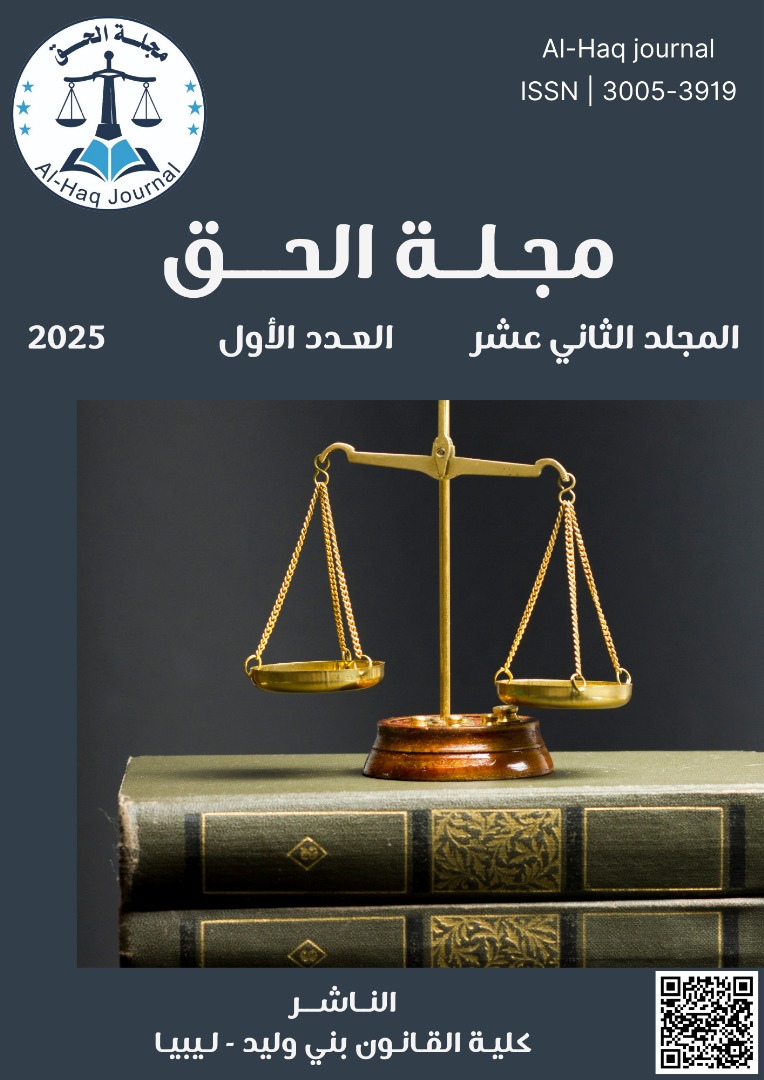The Impact of Emergency Excuses on Contractual Obligations in a Lease Contract "A Sharia and Legal Perspective"
DOI:
https://doi.org/10.58916/alhaq.v12i1.412Keywords:
Emergency circumstances, lease, contractual obligations, Islamic jurisprudence, civil lawAbstract
This study examines the impact of unforeseen emergency circumstances or force majeure on the implementation of obligations arising from a lease contract, whether for a residential or commercial property. This study examines the impact of unforeseen emergency circumstances or force majeure on the implementation of obligations arising from a lease contract, whether for a residential or commercial property. It examines this from a dual perspective, combining Islamic jurisprudence, Libyan positive law, and comparative law. It highlights the legal and Sharia-based classification of an emergency excuse, which differs from force majeure in that it makes implementation burdensome, not impossible. The study aims to clarify the rules governing the right of the landlord and tenant to request modification or termination of the contract when this circumstance occurs. In Islamic law, the matter is addressed based on the principles of justice and the removal of hardship, which may authorize the judge to reduce the tenant's obligations or terminate the contract. In law, the theory of unforeseen circumstances gives the judge the authority to restore the financial balance of the contract, often by reducing the rent or temporarily increasing the landlord's obligations. The two visions agree on achieving contractual justice and preserving the economic balance of the contract from collapse, while establishing strict controls for the application of this principle, such as the excuse being general, unexpected, and unpayable.
Downloads
Downloads
Published
Issue
Section
License

This work is licensed under a Creative Commons Attribution-NonCommercial 4.0 International License.









